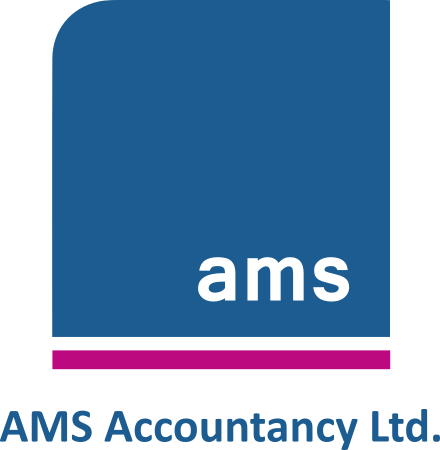It depends.
Cash accounting schemes – advantages for small/simple businesses:
- You only account for VAT on sales in the VAT quarter in which you are paid (rather than the VAT quarter you are invoiced) – because you pay your VAT to HMRC a bit later;
- If you have simple bookkeeping records and cash expenses it is easy to extract the figures for your VAT returns without needing to keep separate sales/purchase ledger records.
- If a customer fails to pay, you don’t have to pay VAT on the sale to HMRC (on an invoice basis you have to pay VAT on sales – even if you never get paid – and recover the VAT from HMRC only once the debt is over 6 months late).
Invoice based VAT accounting – advantages for this accounting method:
- If your customers pay you quickly, but you are given credit by your suppliers, then there can be a cash flow advantage to using the invoice basis for VAT.
- If you already run a Sales Ledger and a Purchase Ledger through your bookkeeping system, then it is not really an extra complication to calculate VAT on the invoice basis.
